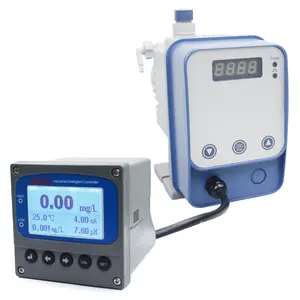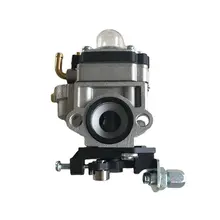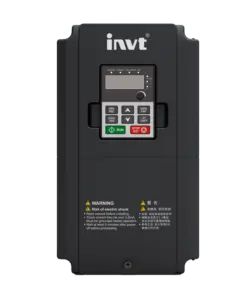Solar Pump Controller: An Overview
The solar pump controller is an integral component in modern solar water pumping systems. It serves as the brain of the operation, optimizing the performance of the pump by managing power supply from solar panels. This device ensures that water and other fluids are moved efficiently, even from significant depths, by regulating the energy flow and protecting the pump's mechanisms.
Types and Applications
Solar pump controllers come in various models to cater to different applications, from small-scale gardening to large-scale agricultural irrigation. The versatility of these controllers allows them to be used in remote locations, where traditional power sources are scarce. They are particularly useful in areas that require reliable water supply without access to the grid, such as rural or off-grid environments.
Technical Features and Efficiency
The technical features of a solar water pump inverter include maximum power point tracking (MPPT) to optimize the use of solar energy. These controllers are designed to be durable and waterproof, ensuring longevity even in harsh environmental conditions. Efficiency is paramount, as these devices are engineered to consume minimal energy while maximizing water output.
Materials and Durability
Materials used in the construction of solar powered pump controllers are selected for their resilience and ability to resist corrosion. This consideration is crucial for maintaining functionality over time and minimizing maintenance needs. The robust construction of these controllers contributes to their durability, ensuring that they can withstand the rigors of continuous operation.
Choosing the Right Controller
Selecting the appropriate solar panel pump controller involves considering factors such as flow rate requirements and the depth from which water needs to be lifted. Controllers are designed to handle a range of flow rates, and the right choice depends on the specific needs of the project. While the selection process may seem daunting, the variety of options available means that there is a solution for nearly every scenario.
Environmental Advantages
The environmental benefits of using a solar irrigation controller are significant. By harnessing solar energy, these systems reduce reliance on fossil fuels and contribute to a reduction in carbon emissions. Additionally, the use of solar power for water pumping is a sustainable choice that can lead to long-term cost savings and resource conservation.











































 浙公网安备 33010002000092号
浙公网安备 33010002000092号 浙B2-20120091-4
浙B2-20120091-4